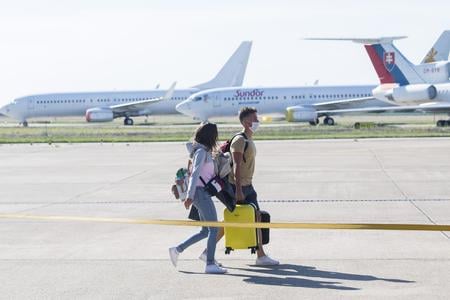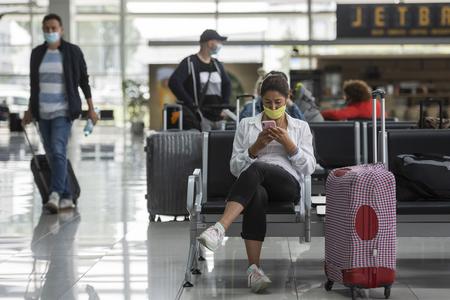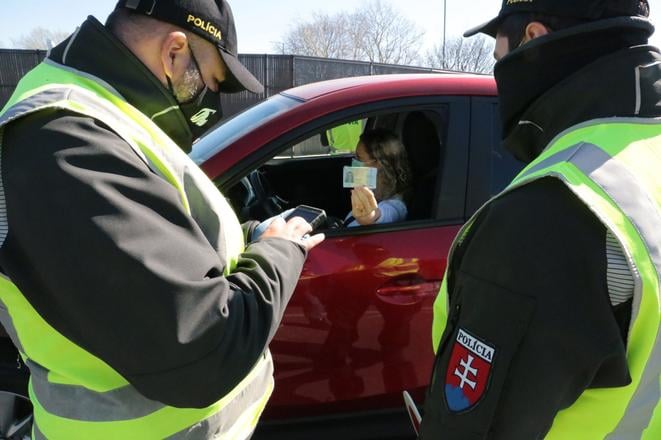Our paywall policy:
The Slovak Spectator has decided to make all the articles on the special measures, statistics and basic information about the coronavirus available to everyone. If you appreciate our work and would like to support good journalism, please buy our subscription. We believe this is an issue where accurate and fact-based information is important for people to cope.
Hungary is closing its borders to foreigners as of Tuesday, September 1.
Hungarian citizens returning to the country from abroad will have to go into quarantine, Prime Minister Viktor Orban’s cabinet chief said on Friday as reported by the Reuters newswire.
The only exception specifically mentioned by the government decree is about EEA citizens with permanent residence in Hungary, who must be "treated equally to Hungarian citizens", the Index.hu website reports. This means EEA citizens are allowed to enter.
The exceptions to mandatory quarantine are as follows:
military convoys and humanitarian transits;
business or diplomatic trips;
athletes and sport experts;
entrepreneurs in freight transport and people with special permission for business activities in the country;
students and people attending a christening, wedding and funeral;
foreigners working in border areas.

People coming from selected neighbour countries and Hungarians living in these countries can stay in Hungary for a maximum of 24 hours, and they should stay within the 30 kilometres from the borders.
Hungary currently reports 1,138 active cases.
Slovakia has also updated its anti-coronavirus measures as of September 1. Click here to see them in more detail.
Other neighbours are not planning closures
Slovakia’s Speaker of Parliament Boris Kollár, his Czech counterpart Radek Vondráček and Austrian counterpart Wolfgang Sobotka agreed it would not be good to close borders between their countries.

They announced this after their August 30 meeting in Grafenegg, Austria.
The three countries have been introducing very similar measures to contain the coronavirus pandemic, Kollár said.
“We shouldn’t be afraid,” Kollár said, as quoted by the TASR newswire. “We assured one another that closing the borders would be the last thing to do.”
They also agreed on simple conditions for people who work in border areas.
Exceptions questioned
In the meantime, Hungarian Foreign Affairs Minister Petér Szijjártó wrote on Facebook about the exceptions for people from other Visegrad Group (V4) countries who have booked their holiday in Hungary.
The change came after Czech PM Andrej Babiš asked his Hungarian counterpart Orbán during the Strategic Forum in Slovenia if Czechs who already booked their holiday in Hungary could be exempt from the ban on foreigners crossing the borders, the Euractiv.sk website reported.
The exception was later granted to the citizens of Slovakia and Poland. They only need to show a negative COVID-19 test no older than five days.
Soon after, the European Commission notified the Hungarian government about applying the non-discriminatory principle to all EU citizens and nationals, and the importance of the integrity of the Schengen area.
They have even sent a letter to the Hungarian government in this respect, EU Commissioner for Justice Didier Reynders wrote on Twitter.



 (source: SITA)
(source: SITA)